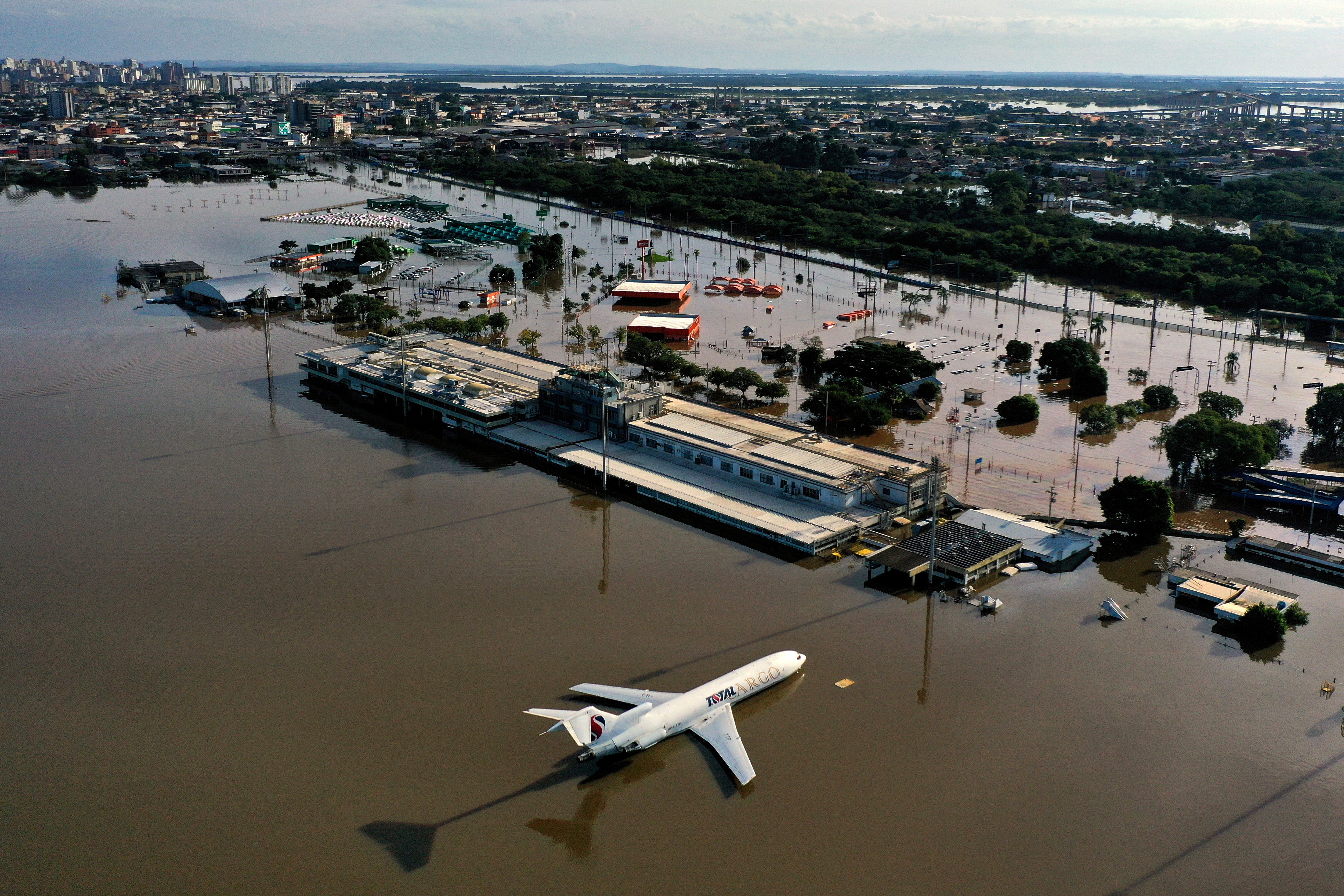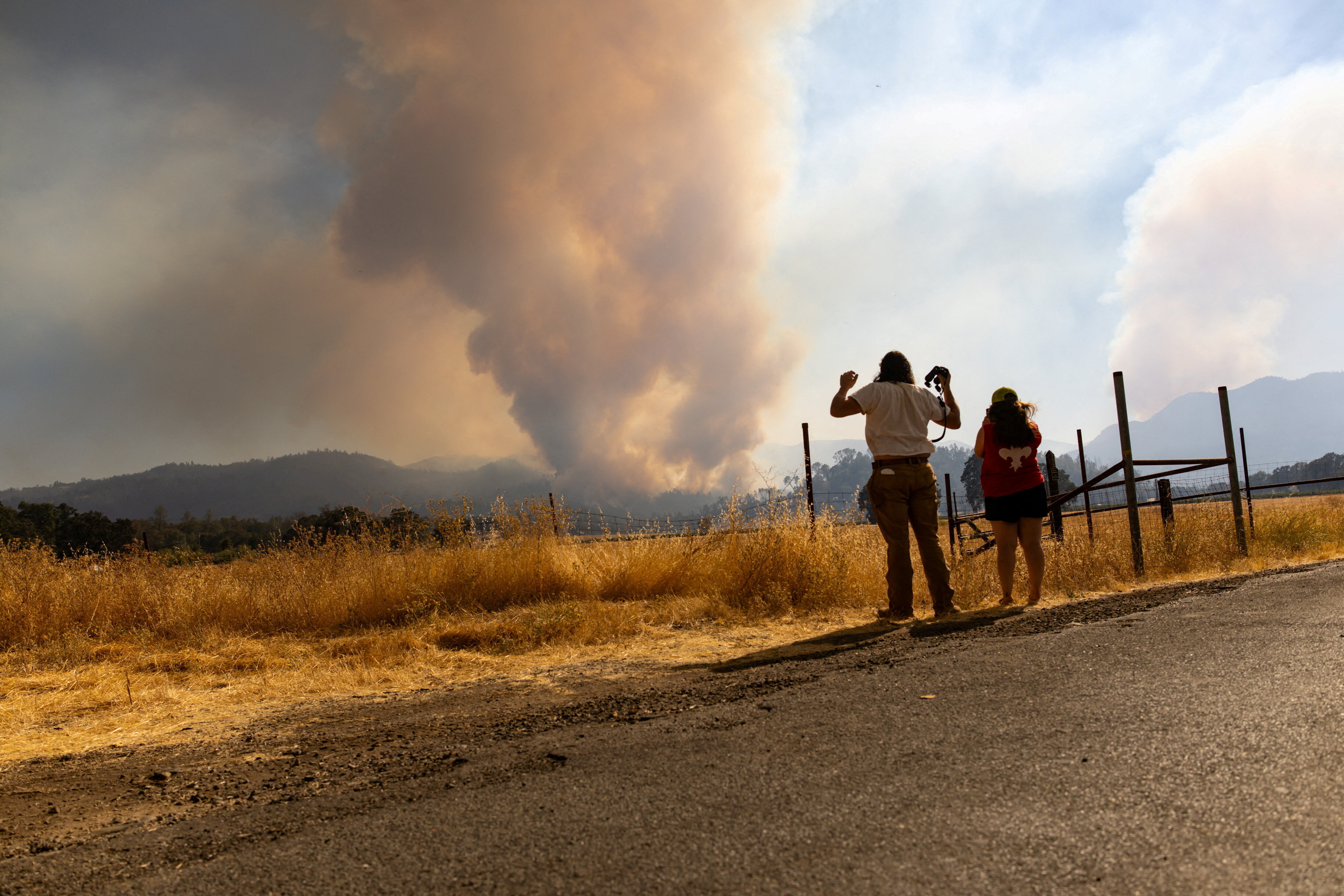Frontiers Planet Prize: Breakthrough systems thinking powering environmental futures

The Frontiers Planet Prize recognizes impactful research and climate innovation. Image: Getty Images
- Systems thinking in scientific research involves using interdisciplinary approaches to address interconnected global challenges.
- The Frontiers Planet Prize recognizes impactful research that advances sustainable development within planetary boundaries.
- Each prize-winning researcher translates science into action, from sustainable trade to urban planning simulations.
In an era defined by intertwined environmental and human health crises, we need bold, interdisciplinary and action-oriented knowledge leadership.
Scientists are leveraging systems thinking to illuminate the deep interconnections between human and environmental health, recognizing that challenges such as climate change, biodiversity loss and food insecurity cannot be solved in isolation.
To lay the groundwork for a resilient future, scientific investigation must transcend traditional silos, addressing more than one domain to trigger cascading positive impacts across many others.
This shift in approach reflects a broader scientific movement that focuses on identifying practical, holistic solutions as well as diagnosing global problems. By embedding environmental, economic and social dimensions into their research, scientists are designing interventions that strengthen resilience across sectors.
The Frontiers Planet Prize highlights this kind of science, recognizing 19 national champions and awarding $3 million each year to three international champions whose work offers robust insight into how society can operate within planetary boundaries.
From rethinking the role of trade in sustainable development to leveraging nature in urban planning and redesigning agricultural systems, each international champion’s research illustrates how science can help guide us through the complexity of today’s planetary challenges.
Supply chain impacts
From The University of Sydney, Dr Arunima Malik is transforming how we understand the global economy’s hidden costs. In her lauded paper, Polarizing and Equalizing Trends in International Trade and Sustainable Development Goals, Malik and her team analyze global supply chain trends over the past three decades.
By quantifying the contributions of trading partners to the United Nations Sustainable Development Goals (SDGs), their research highlights the shifting environmental and social consequences of production and consumption between high-income and low-income countries.
The findings from Malik et al offer data-driven frameworks that allow policymakers to mitigate negative externalities, reward positive trade outcomes and promote responsible corporate behaviour.
Dr Malik is working with the UN Sustainable Development Solutions Network to produce policy reports for the European Union that highlight the environmental and social impacts of international trade.
City-based solutions
Building on this bold vision for sustainable systems, Professor Zahra Kalantari of KTH Royal Institute of Technology demonstrates how cities can become powerful drivers of climate action.
Her pioneering research shows that by strategically deploying nature-based solutions across 54 European cities, urban areas can reduce emissions by up to 62.5% by 2030 while enhancing public health, resilience and quality of life.
In the award-winning paper Contribution of Prioritized Urban Nature-Based Solutions Allocation to Carbon Neutrality, Kalantari and her team move beyond conventional views of nature-based solutions as merely aesthetic or marginal carbon sinks.
Instead, they present a breakthrough spatial prioritization model that identifies precisely where nature can be most effective in reducing urban greenhouse gas emissions.
Targeting farming
Just as nature-based solutions chart a path to climate resilience in cities, Dr Zia Mehrabi, at the University of Colorado Boulder, reveals that adding nature back into farming practice holds similar promise for transforming global food systems.
His team set out to answer a pressing question: if we make farms more diverse, can we create a better world for people and the planet? The result is a landmark study, Joint Environmental and Social Benefits from Diversified Agriculture, that brings together over 50 researchers and thousands of farmers across 11 countries and five continents.
It offers, for the first time, cross-cultural evidence that diversified farming systems can reduce environmental harm, strengthen rural livelihoods and help agriculture operate within planetary boundaries. The study provides a compelling, data-backed roadmap for policymakers, NGOs and civil society to invest in sustainable and just food systems.
Towards further innovation
Science has the solutions. Now, it is up to policymakers, funders and innovators alike to support implementation, expansion and longevity, enabling the translation of insights into action at scale and promoting resilience by design. Advancing science for planetary health is not optional; it is essential.
Accelerated by prize funding, these winning researchers are already shaping ambitious paths forward.
Dr Arunima Malik will deepen her analysis of sector-level trade impacts and create tools for businesses to measure their sustainability performance.
Professor Zahra Kalantari will expand her research on nature-based solutions, developing a digital twin tool to simulate planning for these solutions and forging stronger collaborations across cities.
Dr Zia Mehrabi will model innovative farming practices and design immersive ways to bring science closer to the public. Together, their plans reflect a commitment to a global green renaissance, laying the groundwork for a thriving planet for all generations.
Whether in cities, on farms or in supply chains, data-driven and nature-aligned solutions are key to building systems that support healthy lives on a healthy planet. Grounded in science and guided by systems thinking, these approaches offer a clear path toward resilience in the face of complex, global challenges.
Don't miss any update on this topic
Create a free account and access your personalized content collection with our latest publications and analyses.
License and Republishing
World Economic Forum articles may be republished in accordance with the Creative Commons Attribution-NonCommercial-NoDerivatives 4.0 International Public License, and in accordance with our Terms of Use.
The views expressed in this article are those of the author alone and not the World Economic Forum.
Stay up to date:
Science
Related topics:
Forum Stories newsletter
Bringing you weekly curated insights and analysis on the global issues that matter.
More on Climate Action and Waste Reduction See all
Cade Pepperrell and Dario Campo Dall'Orto
February 3, 2026






